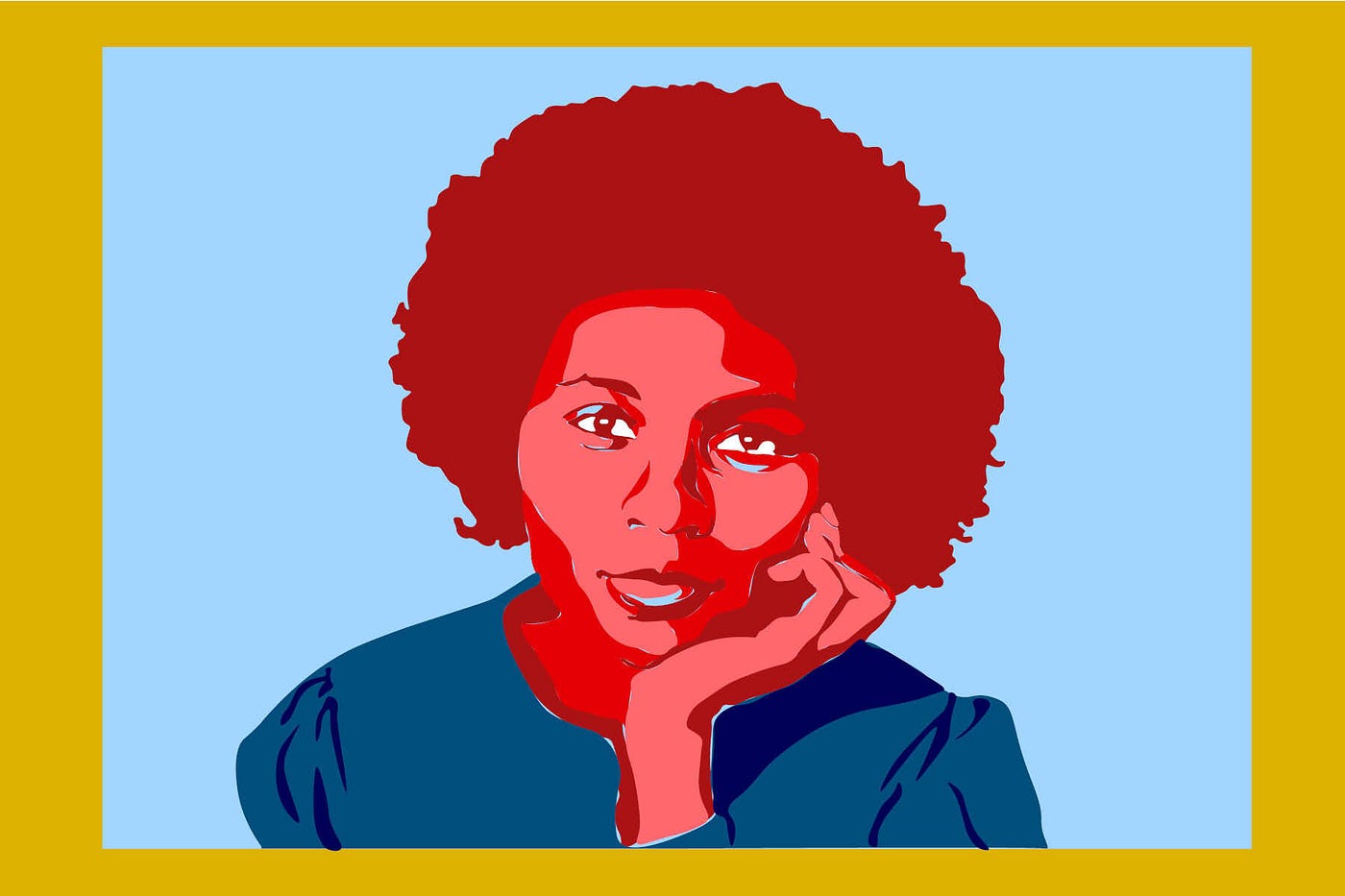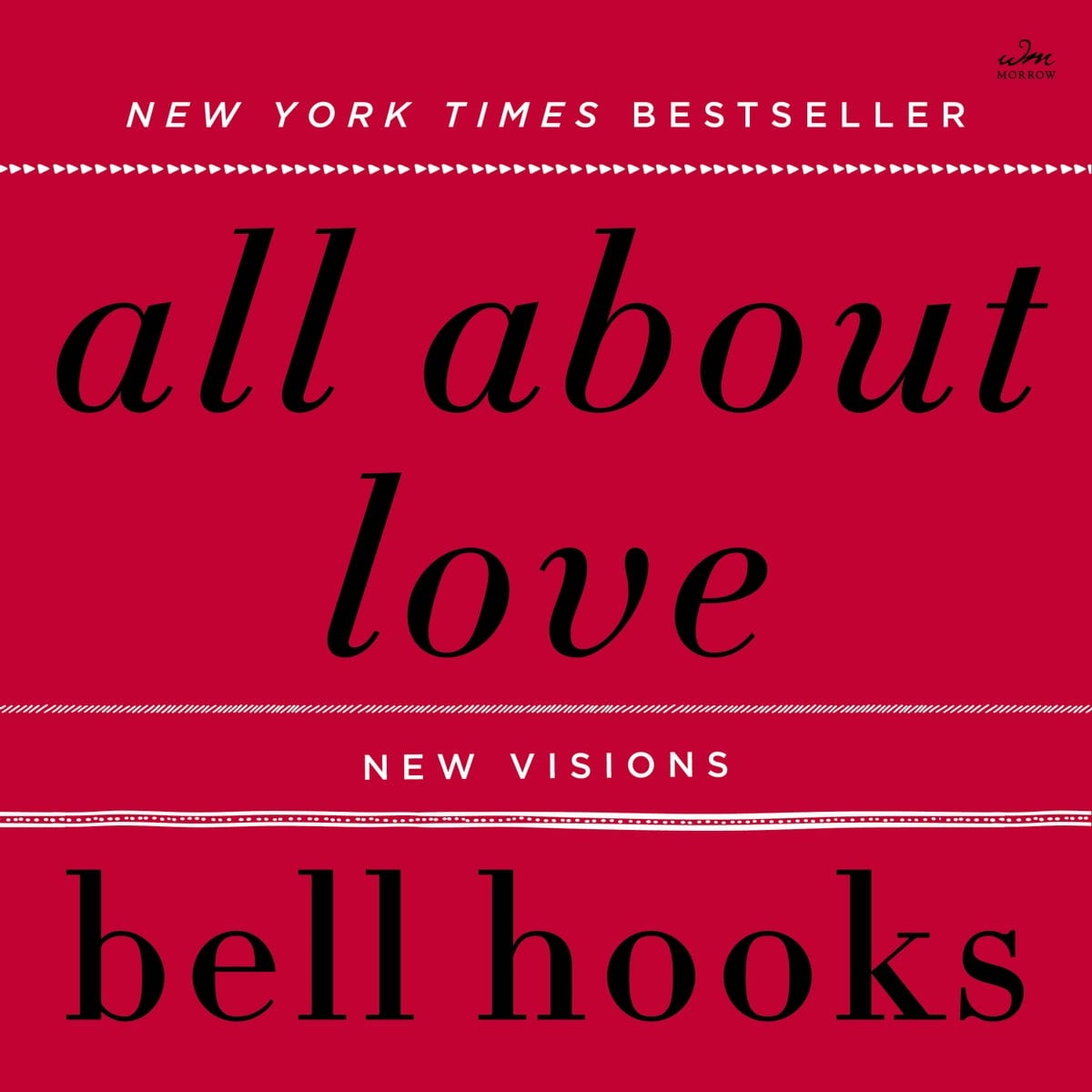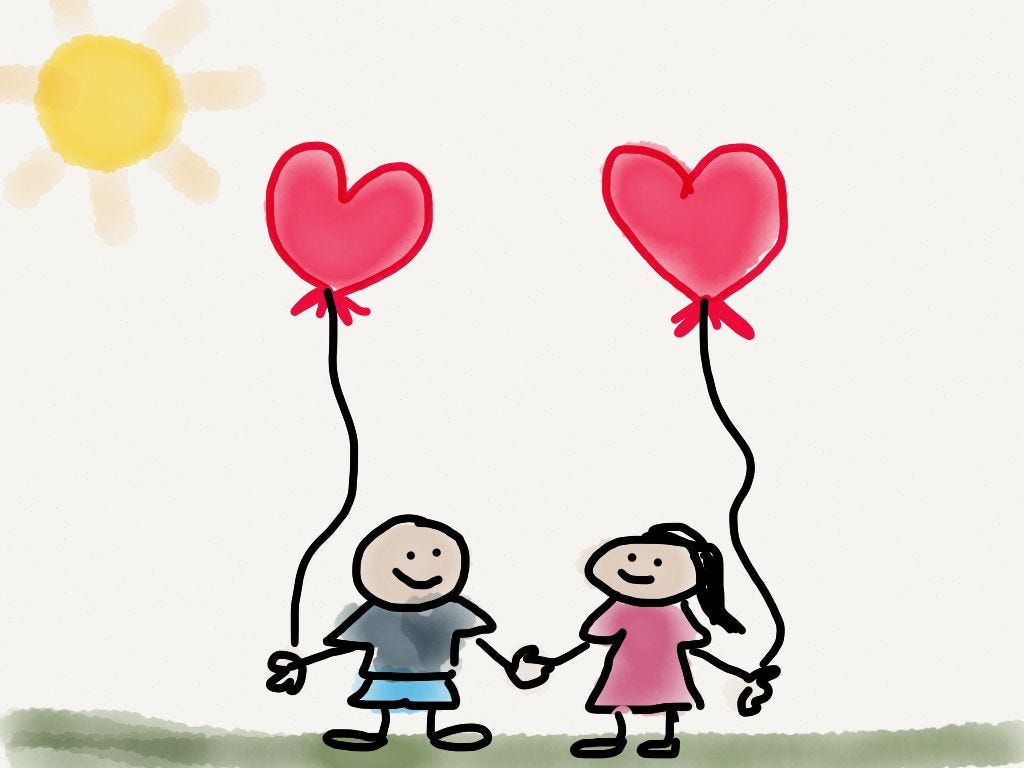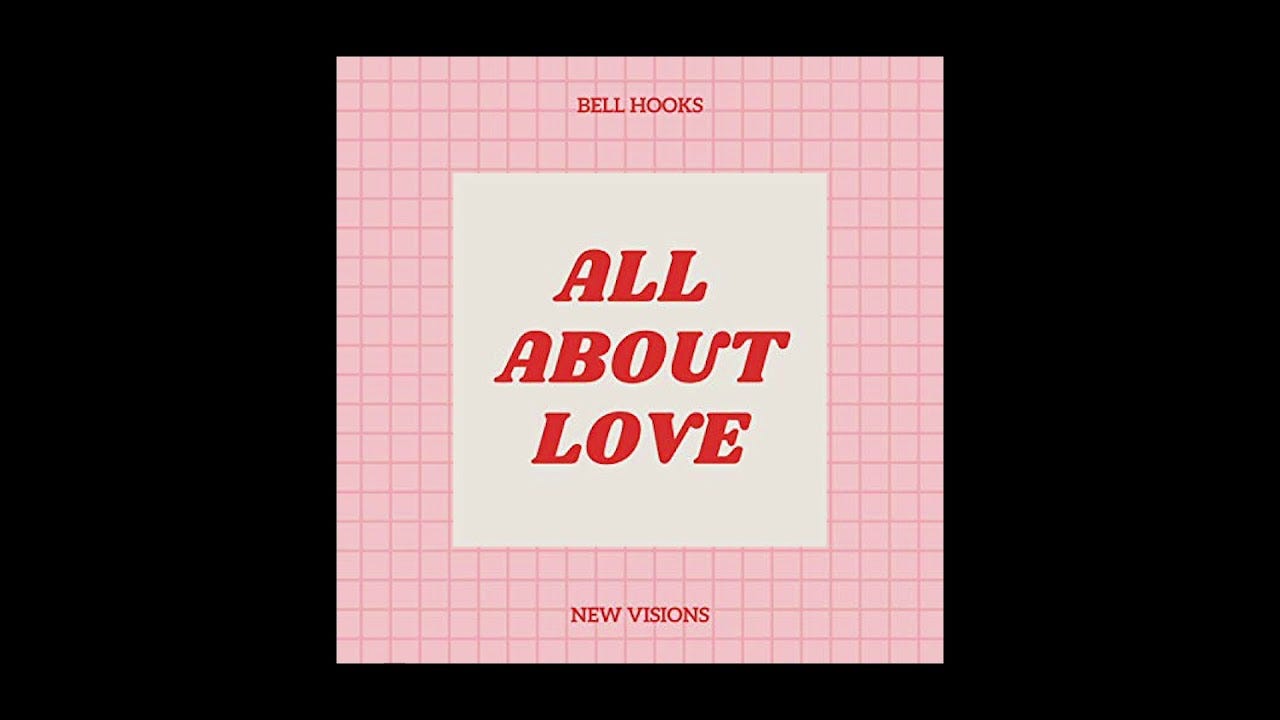How do you love?

All About Love is a remarkable read that addresses the erosion of love in our soiciety. When love is mentioned, many of us recoil, perceiving love as unfamiliar, insincere, or fake. Despite our innate desire to love and be loved, we feel disconnected from it. We must ask ourselves: What happened to us? hooks endeavors to shape a politics of love, urging us to conceptualize love as a verb — as an action. Yet, the fundamental query remains: What exactly does it entail for love to manifest as an action? How is this manifested?
In this blog post, I’m interested in examining the Preface to All About Love, aiming to comprehend hooks’ call for us to integrate love into our daily routines — and even our revolutions.

Preface
In the first sentence of All About Love, hooks explores her distinct connection to love, particularly by revisiting her childhood memories:
When I was a child, it was clear to me that life was not worth living if we did not know love.
hooks acknowledges that she received love as a child, but at some point, those who once loved her (presumably her immediate family members) stopped expressing their affection — love became absent. Reflecting on this, hooks observes that “it was love’s absence that let me know how much love mattered.” This absence of love coincided with a period where she was no longer deemed precious.
Many of us can empathize with the concept of experiencing deep, genuine love during childhood, only to grow up and feel its departure, leaving us in a state of longing as we persistently seek love. hooks expresses:
Like every wounded child I just wanted to turn back time and be in [love’s paradise] again …
Personally, I identify with this sentiment. It’s significant to recognize that soothing one’s inner child is often linked to love. However, discovering individuals capable of offering this love has proven to be increasingly challenging. Many of us traverse great distances in pursuit of someone to love and be loved by, leading to a cycle where we use others and are used in return in our quest for love. The primary obstacle to our ability to love lies in our tendency to dwell on the past. Yes, as hooks emphasizes, “We can never go back … We can go forward.”

hooks writes:
We can find the love our hearts long for, but not until we let go grief about the love we lost long ago, when we were little and had no voice to speak the heart’s longing … When that mourning ceased I was able to love again.
The absence of love resembles mourning the passing of a loved one; grief becomes a crucial aspect of this experience. However, grief hinders our capacity to love. We are not alone in this struggle. The overarching objective of hooks’ All About Love is to examine our present circumstances:
“I feel our nation’s turning away from love as intensely as I felt love’s abandonment in my girlhood.”
Therefore, hooks’ “call for a return to love” is a political praxis — one that must be incorporated into our everyday actions.

Leave a Reply